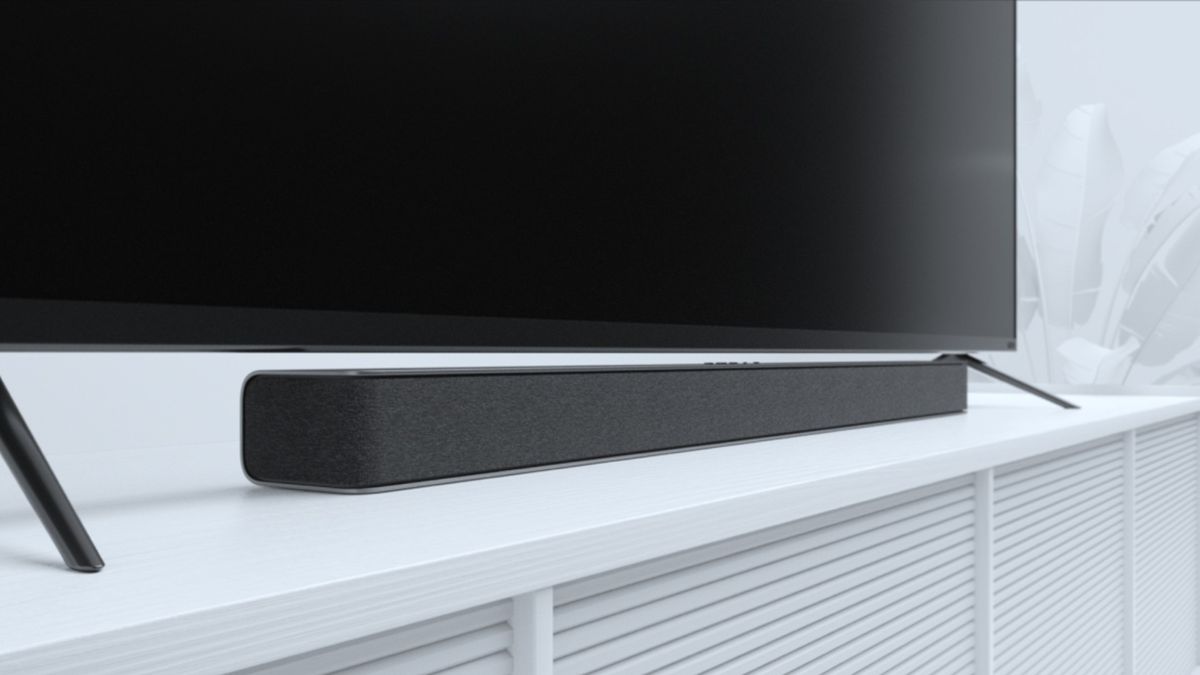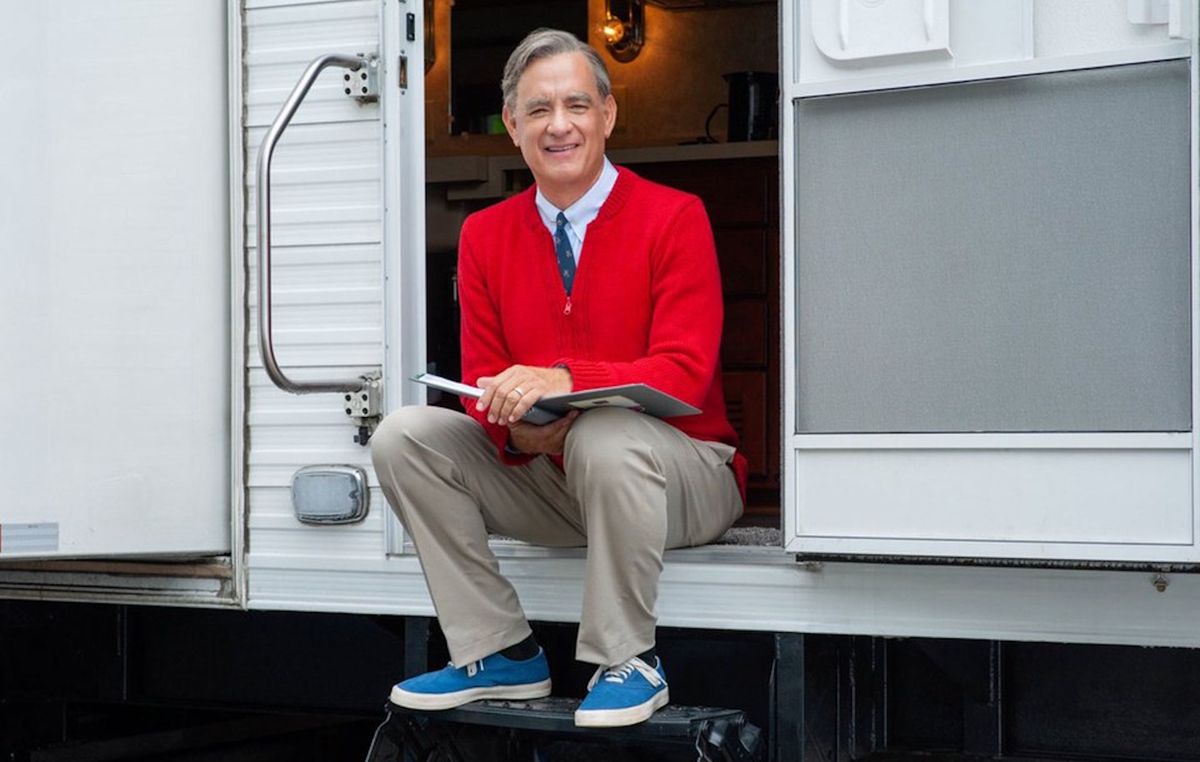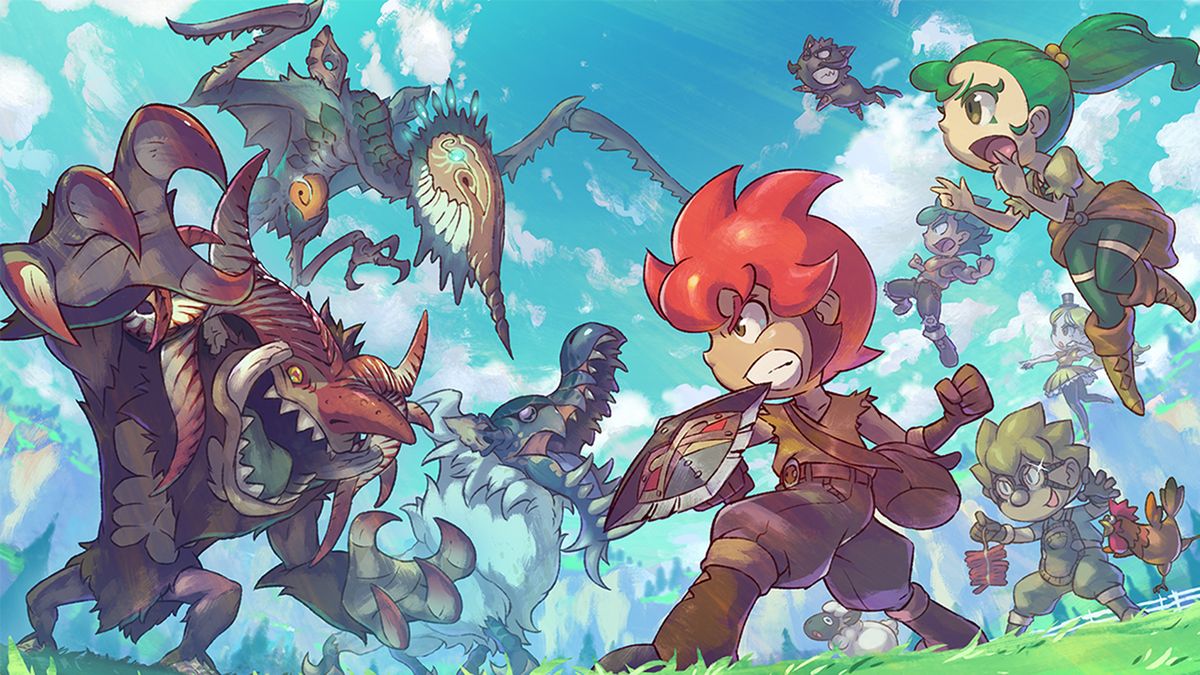Eiffel Tower? Check. Louvre? Check. Notre Dame? Check. Even before the credits, Woody Allen gives us a dozen picture-postcard shots of Paris. It’s as if he’s saying, “OK , I’m accused of giving a tourist’s-eye view of Euro-cities. Well, here it is and then some!” Then he settles down to making his lightest, most charming movie in years – a fantasy about romance, nostalgia and the eternal allure of la ville lumière.
Gil (Owen Wilson) is a Hollywood screenwriter and would-be novelist, visiting Paris with his vapid fiancée Inez (Rachel McAdams). Gil’s fascinated by the myth of the fabled Paris of the ’20s – and one night walking through Montmartre, a vintage Peugeot pulls up alongside. Next thing, Gil’s partying with Hemingway, Cole Porter, Picasso, Gertrude Stein and the rest of the legendary gang. The more often he’s sucked into the time warp, the less Gil feels happy with Inez – especially once he meets the lovely Adriana (Marion Cotillard).
Only trouble is, Adriana finds ’20s Paris uninspiring, and longs for the belle époque of Degas and Toulouse-Lautrec. Could Allen be critiquing his own penchant for supposed ages of lost innocence – Radio Days, anyone? But serious considerations scarcely figure in this soufflé of a movie. Wilson makes a fair fist of the inevitable stuttering Woody-clone, backed by relishable cameos: Corey Stoll as a gruff Hemingway, Kathy Bates a warmly maternal Stein, Michael Sheen as an insufferable present-day know-it-all and Adrien Brody as a bonkers Salvador Dalí. And in Darius Khondji’s luminous lensing, Paris looks beyond gorgeous.
 Game News Video Games Reviews & News
Game News Video Games Reviews & News



